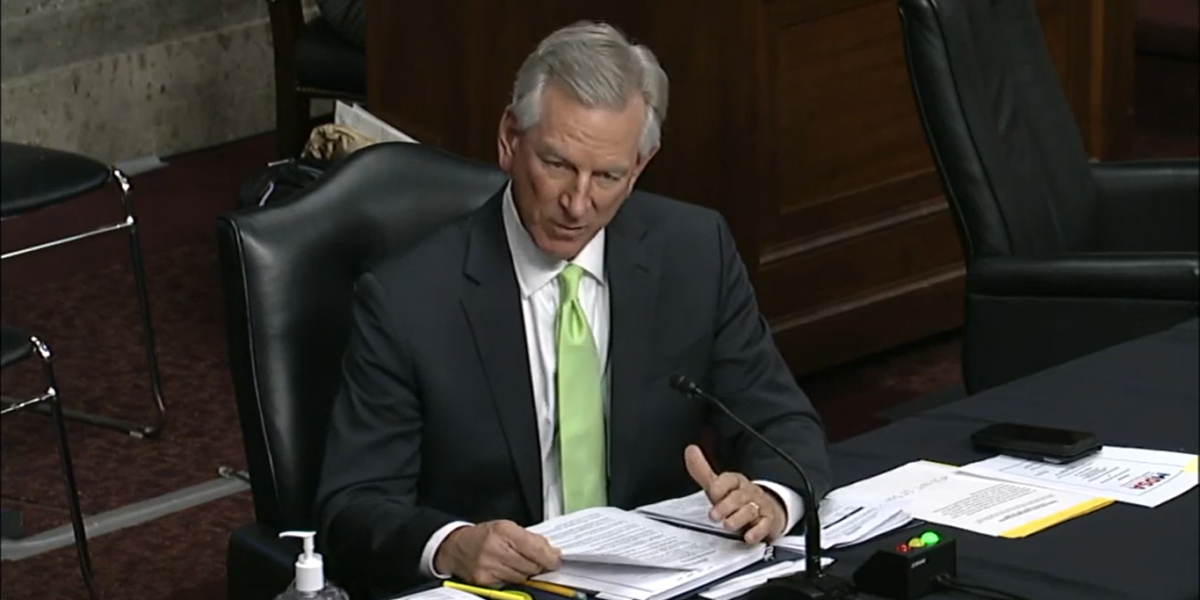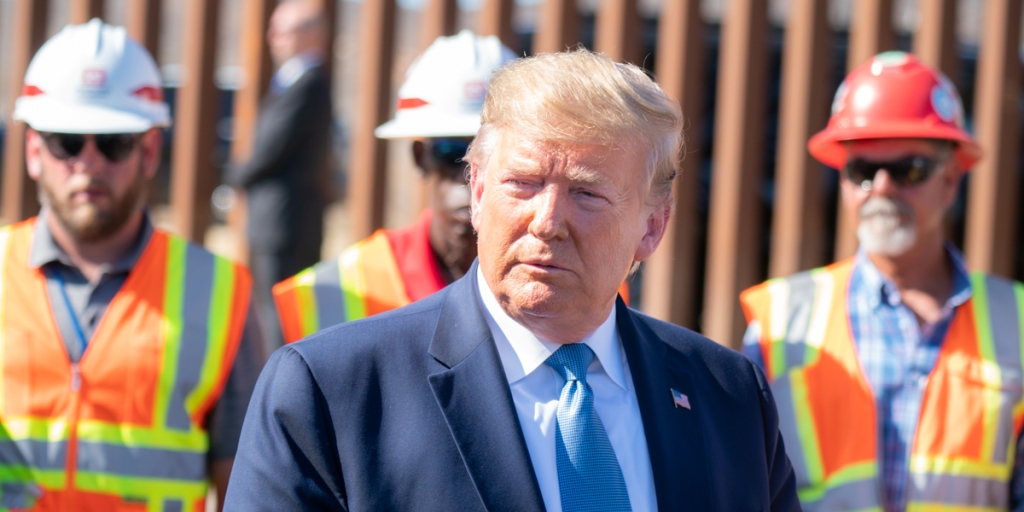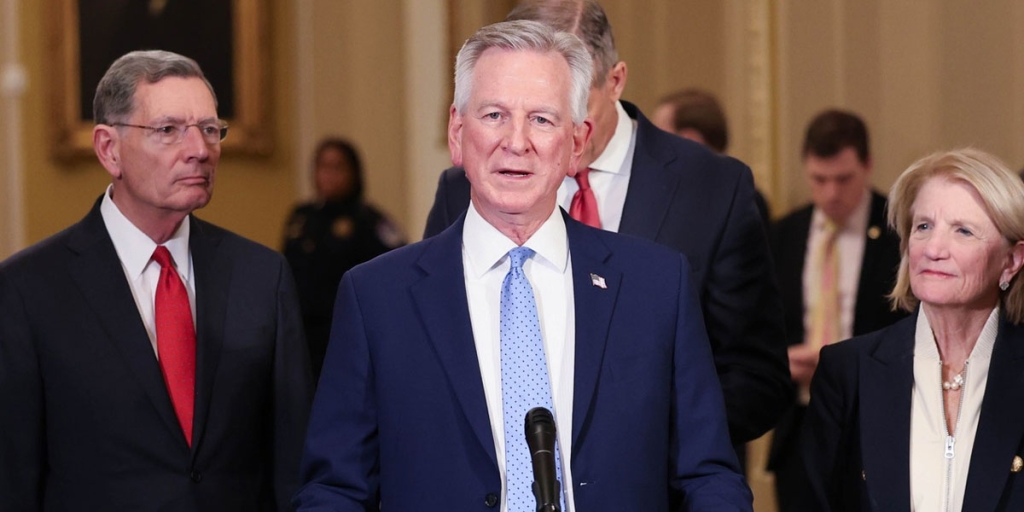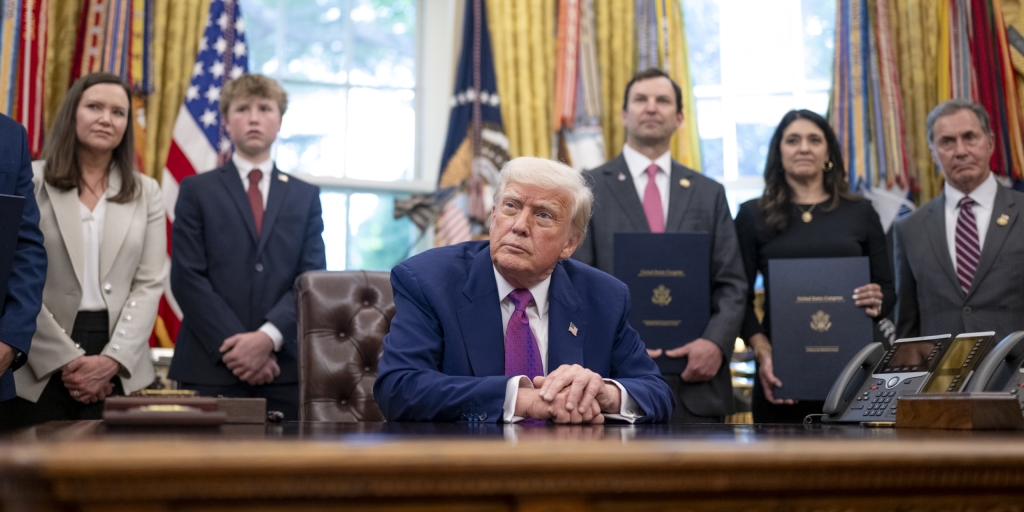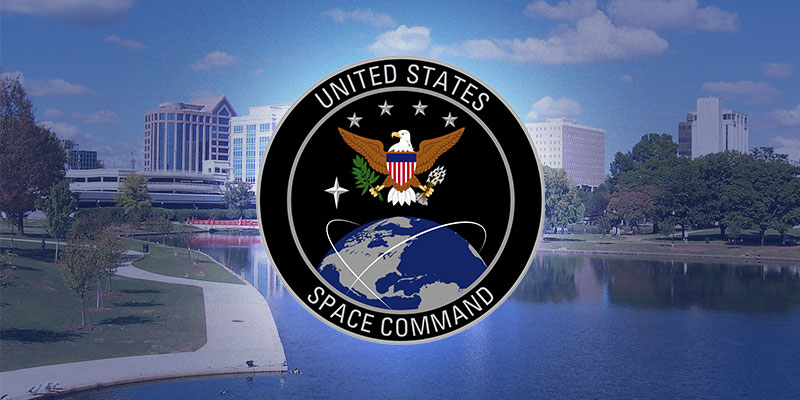The Biden administration’s recent decision to award a $142 million marketing contract promoting monoclonal antibody treatments has come under the microscope of U.S. Sen. Tommy Tuberville (R-AL) and his fellow Republican colleagues.
In question was the fact that the contract, granted by the U.S. Department of Health and Human Services (HHS) and the U.S. Department of Defense (DOD), was awarded while the administration canceled the treatment’s existing manufacturing contracts.
According to Tuberville’s Senate office, the administration’s move to cancel the contracts led to a nationwide shortage of the treatment, including Alabama.
Tuberville recently joined a handful of GOP senators in sending three separate letters to HHS and DOD leadership, as well as to accounting firm KPMG, the entity which received the newly-awarded contract.
The letter reads in part, “It is hard to understand why the Biden Administration would enter into a contract with KPMG, worth over $142,000,000, to promote mAb treatments at the same time it was cancelling mAb manufacturing contracts.”
The senators assert that the “shortage of mAb treatments and rationing calls into question the origin, rationale, and performance of the KPMG contract.”
“We have had serious concerns about the KPMG contract since its inception,” the senators write. “Our investigation into the contract began just weeks after it was signed when the Committee received information suggesting irregularities in the contract award process… the website KPMG developed under the contract is not well designed to “accelerate access” to mAb treatment and, worse, is potentially misleading to the public.”
In a Senate Health, Education, Labor, and Pensions (HELP) Committee hearing earlier this month, Tuberville pressed HHS Assistant Secretary Dawn O’Connell on the administration’s decision to award the hefty contract as it opted to halt purchasing of the effective COVID-19 treatment.
“Congress gave money through the CARES Act to help with development of production of therapeutics,” the freshman senator advised. “Within three months of being in office, President Biden’s administration decided not to buy, or they declined to exercise contract options on monoclonal antibodies, and I know you weren’t there at the time.”
“They inherited these contracts from the Trump Administration,” he noted. “Those decisions caused a shortage, especially for us in Alabama. At the same time, the Biden administration was ramping [down] monoclonal production as we’re trying to get back to it, HHS turned and gave a hundred and forty-two million-dollar non-compete contract to an accounting firm to market these treatments to the public. The administration hired KPMG to promote a therapeutic that the government stopped buying. That makes no sense.”
Tuberville concluded, “I understand that HHS is currently reviewing this. I just would hope that you would commit to reprogramming some of that money to monoclonals if there’s any left. Could I get a commitment on you for that?”
O’Donnell responded, “We have seen a change in the monoclonal landscape. When the Aspa Therapeutics team began looking at the distribution models in February, a lot different than we experienced during the Delta surge. Twenty-fold increase in demand for monoclonals, and we went to a state distribution system.”
“And, so you’re absolutely right. It’s time to re-evaluate whether we need this distribution help to get to the harder hit communities, and that review is under way right now,” she acknowledged. “I’m expecting a memo any day with the team’s recommendations on whether to keep that funding going.”
Dylan Smith is a staff writer for Yellowhammer News. You can follow him on Twitter @DylanSmithAL




